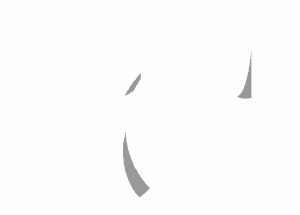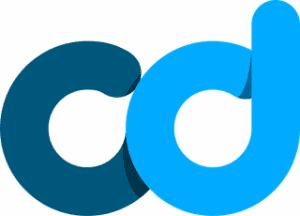Other Common Issues
- Duplicate content exists (very common)
- Images with missing Alt tags (insanely common)
- Broken internal links
- Pages contain invalid structured data (JSON-LD) or a lack thereof
- Mobile friendly optimization (responsive design) and/or poor performance on 3g networks
- Improper Technical Internationalization (users experience unoptimized version of a multilingual site)
Common Situations That Require a Technical SEO Consultant
Website Migrations
A bad website migration can cost a business massive amounts of traffic due to pages not being redirected (or properly). Any time the URL of an existing important page is changed, the old URL must be redirected to the new one.
If this is not done before a new site is pushed live, requests for the old URL will return 404 Not Found. The only time a 404 HTTP status code should be returned is if a removed page has no replacement or logical equivalent.
Random Loss of Keyword Rankings
When a site loses its rankings out of nowhere, it is typically due to either an an algorithm update, technical issues like soft 404s aka (redirecting users to another page, such as the homepage, instead of returning a 404 aka “not found”), or the removal or replacement of an XML sitemap.
It would be very unusual for on-page rankings factors such as Title Tags and H1s to cause such a drastic shift.
Moreover, if your rankings have taken a significant hit out of nowhere, you should have an SEO audit conducted as soon as possible.
Internationalization
The hreflang HTML attribute is used to specify the language of a page on a multilingual site, and also target specific geographic locations.
Using this the hreflang attribute can help search engines, such as Google, serve users the appropriate version of a globally relevant website.
Important to note is that while Google and Yandex both use hreflang this way, Bing and Baidu do not. Instead, they use the content-language HTML tag.
Improving Website Performance (Page Speed)
There are a lot of ways to improve the performance of a website, but not all of them are reliable. Improving performance is often a headache for businesses because fixing many of the biggest problems requires paying a developer to re-configure how much of the website behaves.
In turn, many in-house SEOs and agencies turn to caching plugins like Nitro Pack or WP Rocket. They primarily provide forms of web caching, and the automation or other performance optimizations.
In our opinion, it’s not a good idea to rely on WordPress plugins to be responsible for core functionality of a website. Why? There are a handful of reasons:
- Plugins conflicts can lead to other aspects of a website to break
- WordPress updates are often neglected, and outdated plugins are common attack vectors in successful security breaches
- Most plugins that do a lot you have to pay for, or require a premium version to unlock the key features. An outdated payment method and/or an expired license can lead to unpredicted downtime and loss of income.
So while the aforementioned plugins can work out, it is more reliable to have web caching configured at the server level by a DevOps Engineer, and performance optimizations implemented by a professional Web Developer or Technical SEO. At Ciffone Digital, we prefer Varnish Cache – it comes installed by default on our custom web hosting.
Check out my WordPress Varnish Cache guide.
Don’t Wait Until It’s Too Late
Technical SEO should not be overlooked. While its importance has grown in recent years due to changes made by Google in how it ranks pages such as Mobile-first indexing and Page Experience/Core Web Vitals, it’s often get’s less attention because it is difficult to correlate with deal breaker KPIs like traffic and revenue. In 2014 Google released the Panda 4.0 update, as a result Ebay lost 80% of its organic rankings.


